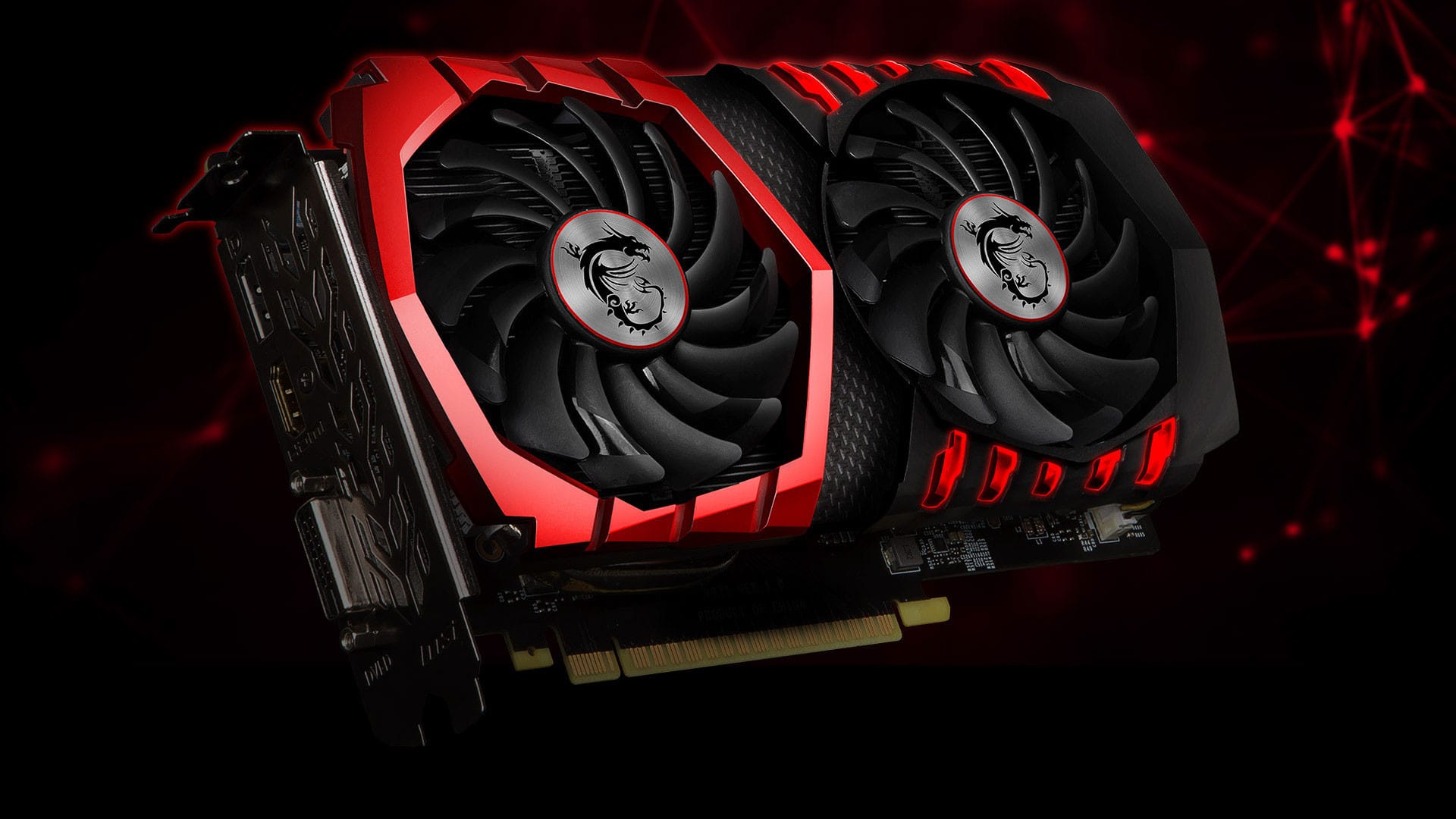1.2K
If your graphics card is dusty or dirty, you should clean it. There are a few things you need to keep in mind to avoid dirtying the sensitive component even further.
Clean your graphics card properly
When cleaning graphics cards, mechanical or electrical damage can occur that is far more damaging to the graphics card than a little dust. Only clean your graphics card if it is heavily dusted or if liquids or other dirt have got onto the card.
- The easiest way to identify your graphics card is by looking at the monitor input.
- Before cleaning electrical parts, first disconnect the power plug and the monitor cable. To get good access to the graphics card, it is best to remove it.
- The easiest way to remove dust and other dry impurities from the card is to use compressed air spray.
- Use an antistatic cloth to dab off coarser dirt, and cotton swabs to get behind components and into corners. Be careful: If you wipe large areas, fibres can come off the cloth or cotton swabs and contaminate the graphics card further. Therefore, dab contaminated areas carefully.
- The narrow spaces between passive coolers and active fans are best reached with a toothpick.
- If your graphics card is stuck by liquids, soak a cloth or cotton swab in alcohol or distilled water. Do not use any other cleaning agents. These can damage the boards and components. Wait until the liquid has completely evaporated before connecting the unit or reinstalling the battery. Distilled water becomes conductive when mixed with dust and can cause short circuits.
